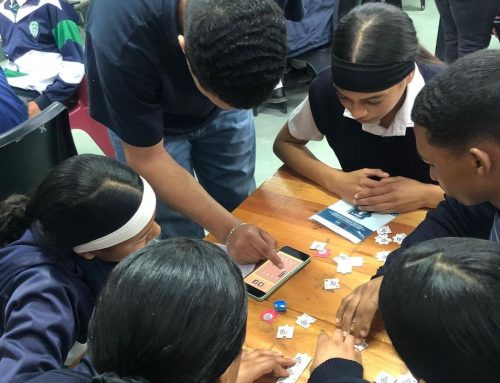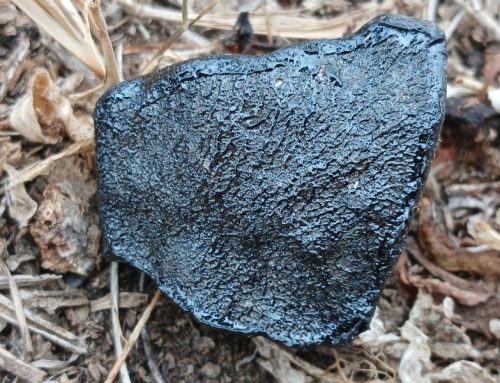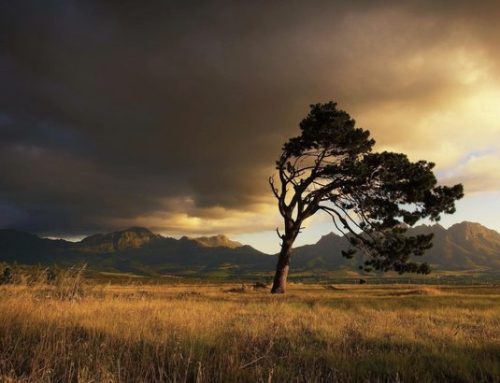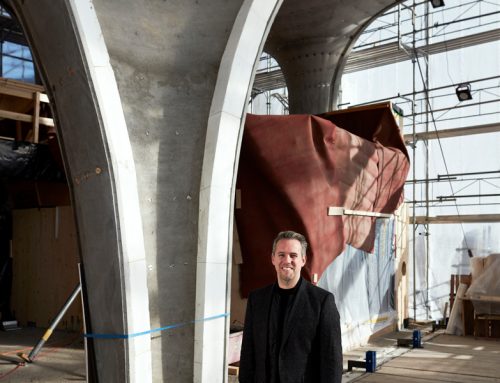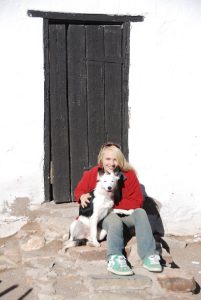 South Africa is a complex piece of music that loops between the deep-rooted love of this land and consuming chaos and corruption. Its rhythm charges towards the brink of no return, then reaches out and rescues you, gently placing you on golden shores under southern skies.
South Africa is a complex piece of music that loops between the deep-rooted love of this land and consuming chaos and corruption. Its rhythm charges towards the brink of no return, then reaches out and rescues you, gently placing you on golden shores under southern skies.
You lie there exhausted, warmed by the African sun. And just when you start breathing again, the chorus briskly changes, shifting from hope, relief and pravindication back to threat, state capture, crime, unemployment, protest, hate, destruction … This is South Africa: a beautiful, terrifying, hopeful, hopeless, chaotic, confusing, magnificent, perplexing, inspiring land.
In 2016, between the zumania, great escapes, headshaking and protests, some inspiring people have come forward with sage advice about the importance of acting in good faith.
One such person is Richard Spoor, an attorney from Mpumalanga who continuously fights cases for the dispossessed, and has negotiated many difficult agreements. On Facebook he offered this advice to those leading the #FeesMustFall protests: Don’t play with people’s lives and don’t play high stakes all or nothing games. You will lose. You only ever hit the jackpot in the movies. A lose-lose situation where you threaten to bring the house down around you and your opponents if you don’t get what you want, is not an option unless you are suicidal.
Potentially suicidal conflict at every level of society has become our lived reality. Is this inspiring? In a black swan way it is inspiring and terrifying. It compels us (or should) to confront who are we; what is happening; what is ethical, what we can do to change things, and what will happen if we don’t.
While these questions press down on us in South Africa, often harshly, I am happy that I have remained. The truth is that I am so very South African; I am too South African to leave. I love my country. I was born and raised in Joburg, my family is South African, I have a South Africa passport, no dual passport; no slush fund. South Africa is my home and this is where I will remain. I enjoy the feeling of being at home; I do not like to feel foreign.
In addition to working as a writer and journalist, my partner and I farm with cattle in the Eastern Cape. We did not inherit the farm; we bought it nine years ago on a hefty bond. Farming is highly complex and full of anxieties … the drought, the hardships, the politics, the expenses … but I love being part of the land, I love cattle and I love the rural areas.
There are many inspiring people in the rural areas. Eastern Cape communal sheep farmer William Sephula is one of them. Against severe odds, he and the group of farmers with whom he farms in the Sterkspruit district, produce wool of such a good quality that it achieved R92.03/kg on the national auction this year. The national average for commercial wool farmers was R 77.40/kg.
This calibre of farmer should be first in line in the land beneficiary process. Is he? No. He sent in all his application forms years ago and tried to get an answer many times but nothing has ever come of it.
The reason given by the Department of Rural Development and Land Reform at the Eastern Cape communal wool farmers 2016 congress is that the wrong information is sometimes supplied to government where people who are not farmers have applied for and received farms, and that this is being looked into. The communal wool farmers do not regard this as a good enough answer. What would be deeply inspiring is if the land reform process was properly managed and monitored. It is critical to South Africa’s stability and progress.
Living so remotely, I get to see what doesn’t get covered on TV and I often drive long distances, which gives me time to take in the land, enjoy our good national roads and explore what’s happening.
Goodwill and hope abounds in the thousands of socio-economic and environmental sustainability projects, including tech hubs that assist young entrepreneurs to grow their businesses and water projects that are working with diverse urban and rural communities to clean up the rivers and catchments. The public works programme known as Working for Water is inspiring – it has freed up vast amounts of freshwater by clearing many kilometres of alien vegetation from our river courses.
Then there are South Africa’s thriving social entrepreneurial projects, including solar and wind farms where some local communities are deriving up to 25% of the profits and using these to develop their communities and schools.
There are music academies where primary and high school learners from deep rural communities are learning diverse forms of music and music theory. This focuses their energies on a positive interest, improves their Maths and English skills, and helps higher numbers of rural learners to achieve university entrance passes.
There are so many inspiring stories of ordinary people in this country: groups of women who daily rise at dawn in Soweto to bid on the fresh produce market where they collectively buy vegetables at wholesale prices. They divide up their purchases and sell them in the townships or at taxi ranks and shopping malls in order to support their families and educate their children. They are part of our substantial informal economy, which plays a huge role in keeping our country afloat.
Many people have no idea how much economic activity there is in our informal economy and how much cash is changing hands. Informal economy marketing specialist, GG Alcock, explains that the medicinal plant or muthi market is one example. It is worth R3 billion a year, it employs approximately 133 000 people and medicinal plants are used by half the population in South Africa.
Another example Alcock gives is our massive ‘kota’ industry, which he estimates is worth about R10 billion a year. The ‘kota’ is a quarter of a loaf of bread, stuffed with slap chips, polony, a fried egg, atchar, tomato sauce and a cheese slice. In South Africa, an estimated 50 000 kota outlets are being run by township entrepreneurs in street stalls, kiosks and caravans. Its health value is a serious debate but at R12 to R17 per kota it’s a lucrative fast food trade.
So where does this leave us? It leaves us with a range of perceptions of South Africa that hopefully inspire us to better understand each other’s lives and backgrounds, and to pull together more and share more in all sorts of ways. As an elderly doctor once told me, we are so fortunate that there is still so much goodwill and dignity between so many people in South Africa. Without it, our country would have imploded long ago. It hasn’t and that gives me hope as I head out to spend time with the cattle under southern skies.
